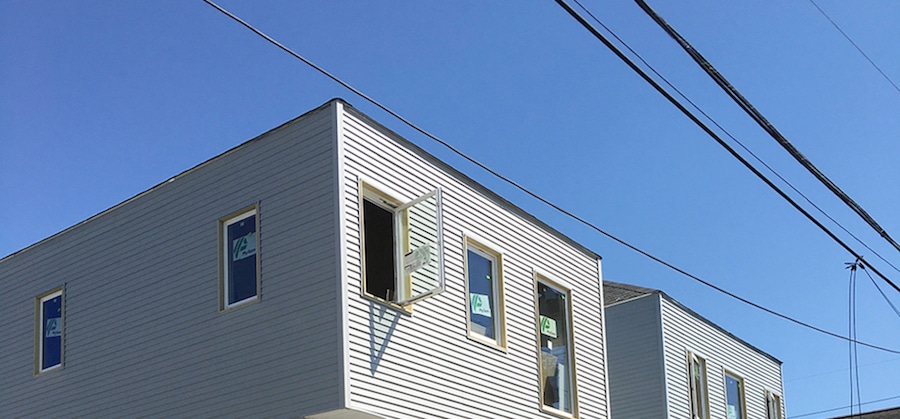
Homelessness and housing insecurity are among the greatest challenges facing our communities. The US Department of Housing and Urban Development, in their 2018 Annual Homeless Assessment, reported that there were more than 550,000 homeless men, women, and children in the United States. Numerous factors contribute to the growing homeless crisis. The primary drivers include the skyrocketing cost of homes, whether for sale or for rent, flat or low-growth nominal wages, and the scaling back of governmental social and housing assistance programs.
Developers and investors hold some of the blame for housing insecurity. In many of the hardest-hit cities, developers have prioritized constructing luxury buildings. This focus on the higher end of the market can be more profitable, but units in these developments are inaccessible to the vast majority of people affected by rising home prices. What can we, as socially conscious investors and entrepreneurs, do to help resolve this seemingly insurmountable issue?
Housing costs and homelessness
For many years now, even before the housing crisis in ’08, developers have shifted their focus toward luxury construction. There are a few reasons why most new construction is in the luxury space. As properties age, the physical structure that sits on the lot, the actual building, becomes less valuable. While many of the affordable units on the market today did not start life that way, they aged into being affordable. This is known as “filtering.”
In addition, much of the current affordable housing stock in this country was built at a time when regulations, permits, and environmental concerns relating to new construction were a significantly lower burden to developers and builders. Creating low, and even middle-income housing is simply not as profitable as it used to be.
A multifaceted approach
When setting out to solve a problem as complicated as homelessness, there is rarely a “silver bullet” solution. Instead of focusing on a single contributing factor, to make real progress, it is imperative that we employ a patchwork of strategies.
New construction technology
Developers can leverage new construction technologies to reduce the total cost per unit of new housing. New technologies that can help lower the cost of housing include drones to more effectively and cheaply survey lots, self-healing concrete to reduce foundation issues, or even the use of robotics during construction.
Partnering with cities to increase affordable housing stock
While many in the real estate industry take a cautious or even adversarial approach to local governments, they can be fantastic partners when it comes to getting affordable housing projects off the ground. Cities have a vested interest in creating sustainable neighborhoods and offer many tax breaks, land discounts on city-owned lots and other services and benefits to socially minded developers.
Work with social service providers
Social service nonprofits are on the frontline of the housing crisis. These groups step in when there is inadequate governmental or societal response to problems like homelessness. Many of these groups are shifting their focus from a reactive model to a proactive model. Instead of dealing with the consequences of homelessness, they are employing their resources to stop the cycle before it begins.
Investors and real estate professionals can work with these groups to help determine the needs of low-income residents and to find ways to build housing that stops the cycle of homelessness. The cherry on top is that through working with these groups, developers can build grassroots community support for their projects, which will make neighborhood and local stakeholder opposition less of a problem.
_
Homelessness affects all of us in one way or another. Socially minded developers can use their skills and capital to help end this problem and make all of our communities safer and more livable- and they can do so while still maintaining a healthy return on their capital and time investments.
Image Starter Home Two, courtesy of Office of Jonathan Tate
